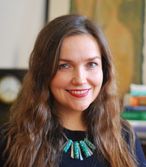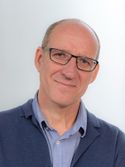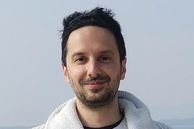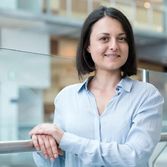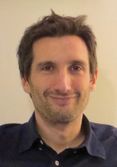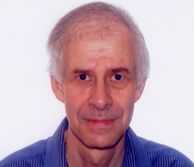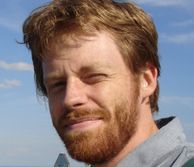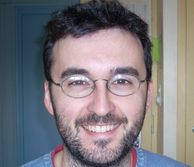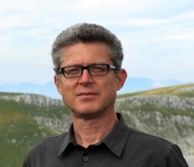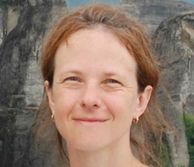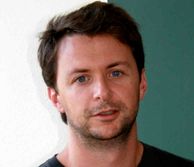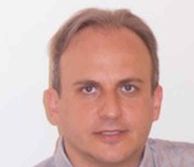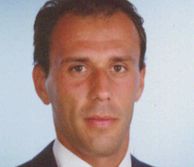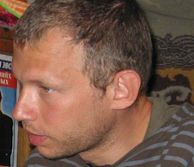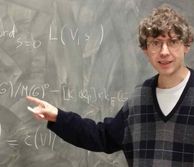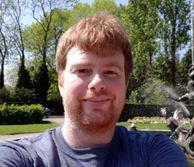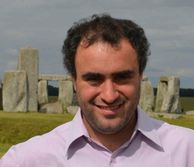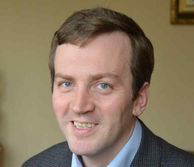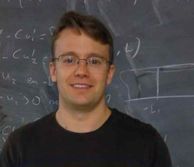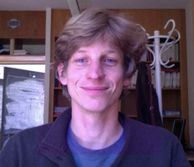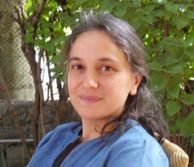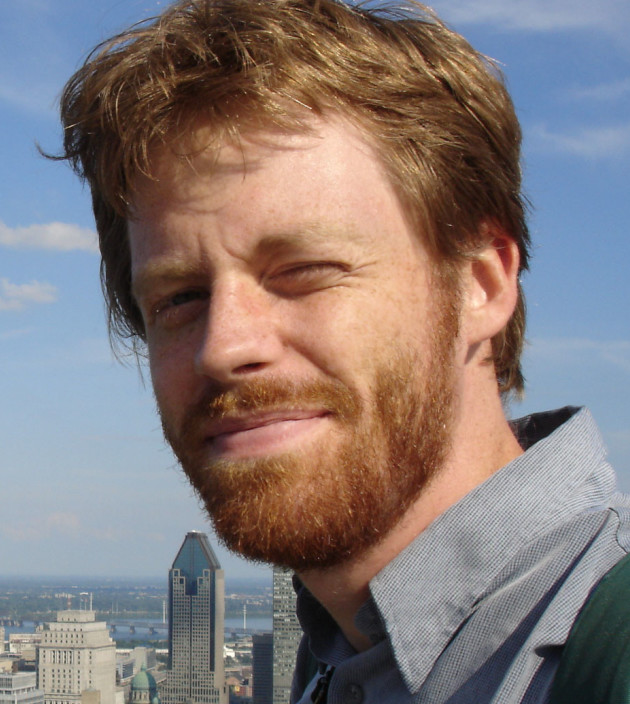 I spent the 2019-2020 academic year at Imperial at the invitation of Greg Pavliotis. This was a very fruitful year, both in terms of starting new projects with colleagues at Imperial and also interacting with world class researchers and top students through the lectures and the conferences I had the opportunity to give.
I spent the 2019-2020 academic year at Imperial at the invitation of Greg Pavliotis. This was a very fruitful year, both in terms of starting new projects with colleagues at Imperial and also interacting with world class researchers and top students through the lectures and the conferences I had the opportunity to give.
During this year, I worked mainly in two directions: (i) the mathematical analysis and design of sampling algorithms for multimodal measures and metastable stochastic dynamics and (ii) the use of modern optimisation and machine learning techniques to improve the numerical parameters of those algorithms. The mathematical analysis is useful to determine quantitative measures of the efficiency of such algorithms, and optimisation techniques can then be used to maximize this efficiency. We started projects applying this general procedure in various directions with researchers at Imperial (Alessandro Barp, Martin Chak, Andrew Duncan, Nikolas Kantas and Greg Pavliotis) and also in collaboration with Gabriel Stoltz and Geneviève Robin (Ecole des Ponts). In the field of optimisation, I also worked with Xue-Mei Li and Panos Parpas on new saddle point search algorithms based on the spectral properties of Witten Laplacians on 1-forms. I also enjoyed a lot discussions with Yann Brenier, Jose Carrillo, Dan Crisan and Sébastien Guenneau. It was great to meet researchers with such different backgrounds, from applied probability to analysis and differential geometry, computer sciences and optimisation. Besides, spending one year in London in such a peculiar context (brexit and COVID-19 outbreak) was certainly a rich experience for me and my family!
Finally, I would like to thank the department and the CNRS-ICL international research laboratory for its hospitality and support, and in particular Greg Pavliotis, Richard Craster, Pierre Degond and Martin Hairer for their invaluable help in making this visit possible in various ways. Let me also acknowledge the Leverhulme Trust which supported my visit, and the efficient administrative staff from the department. This year has been incredibly rich in unforeseeable scientific and non-scientific events!
Host: Professor Grigorios Pavliotis
